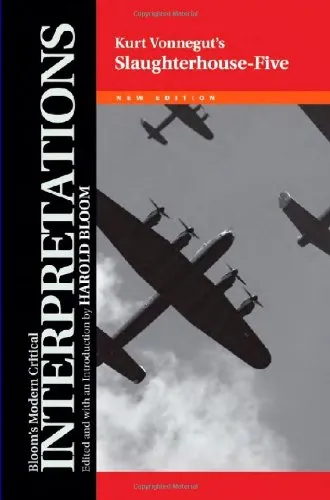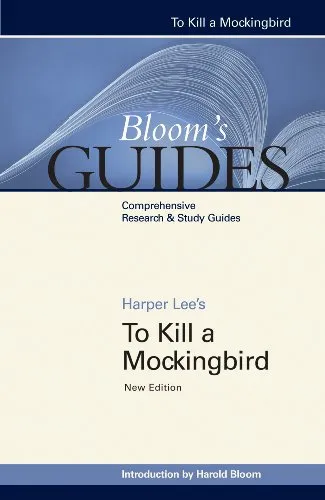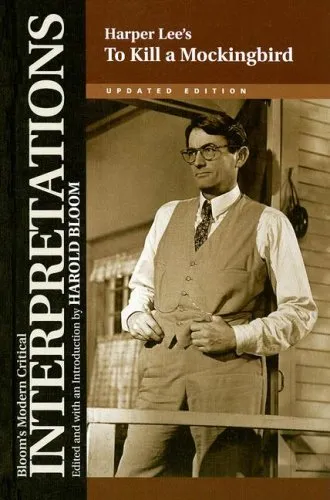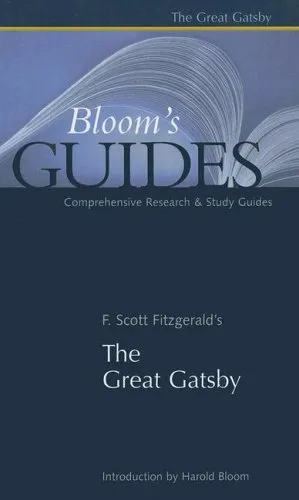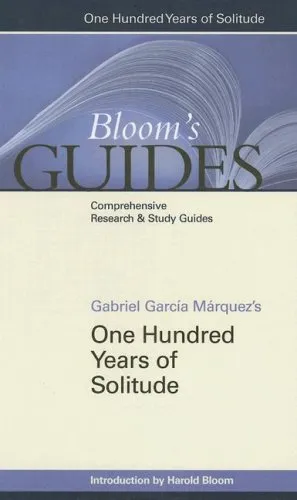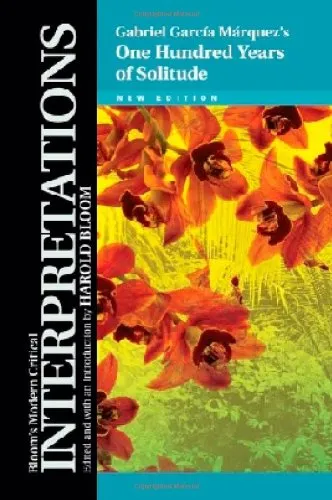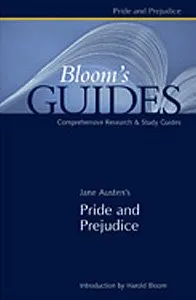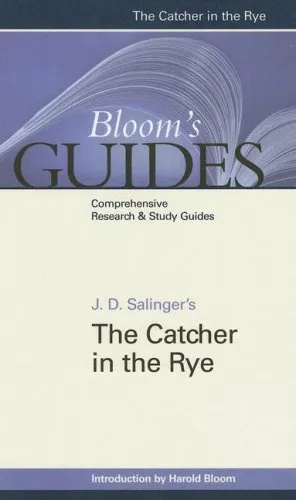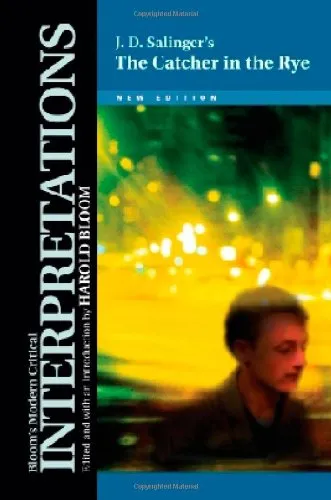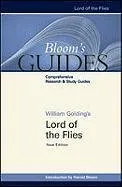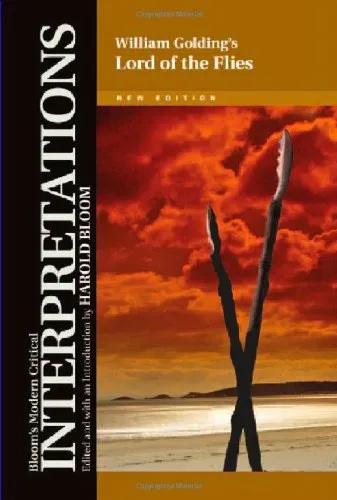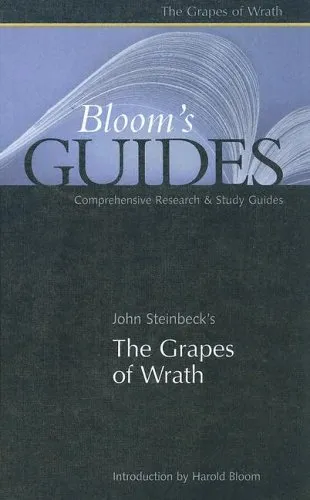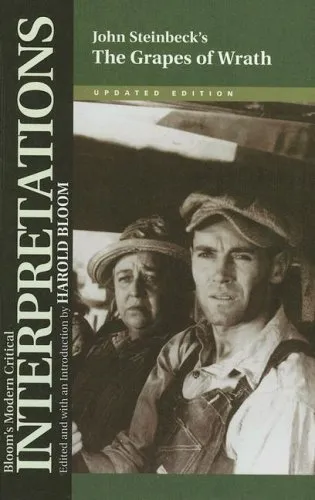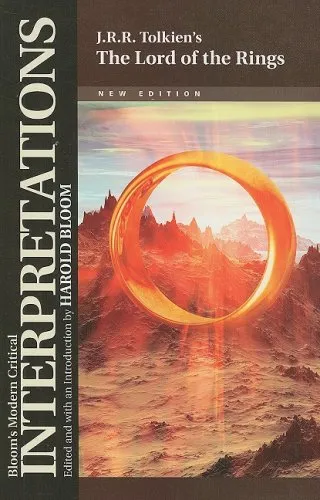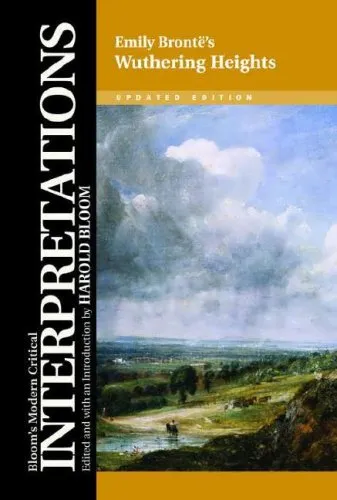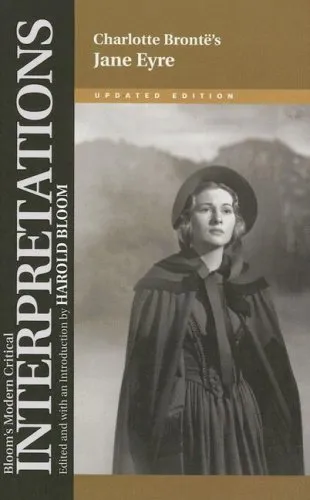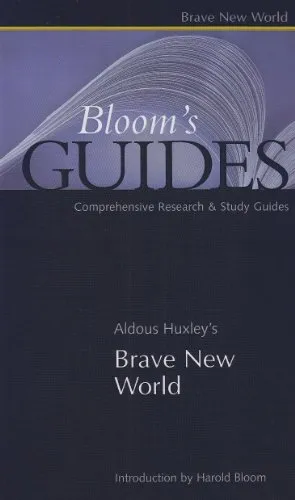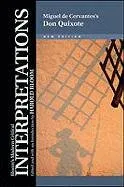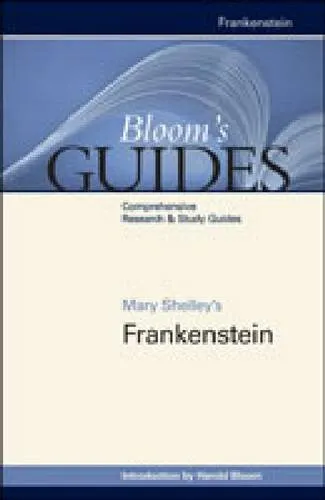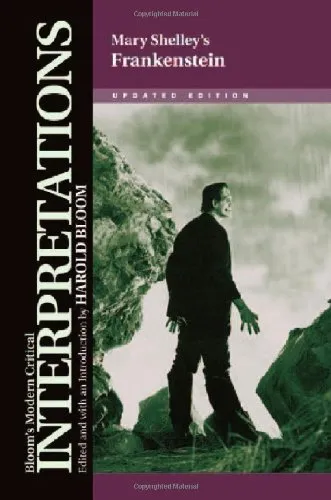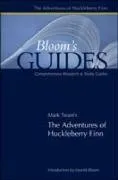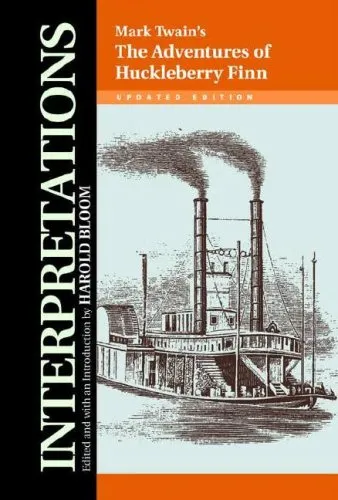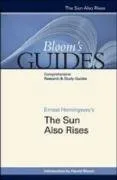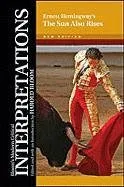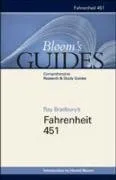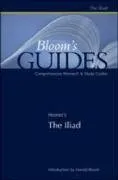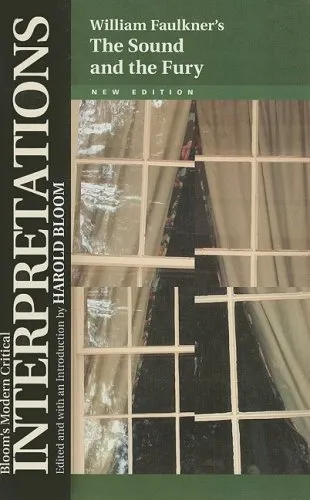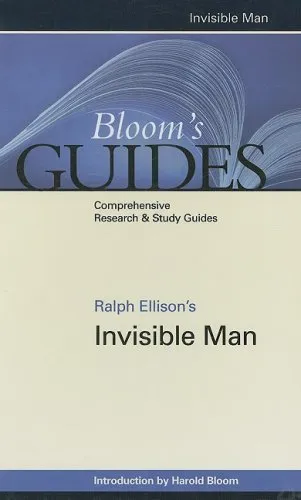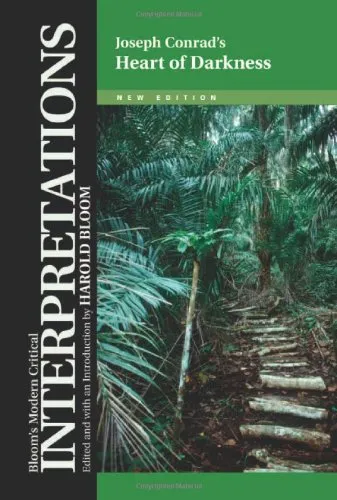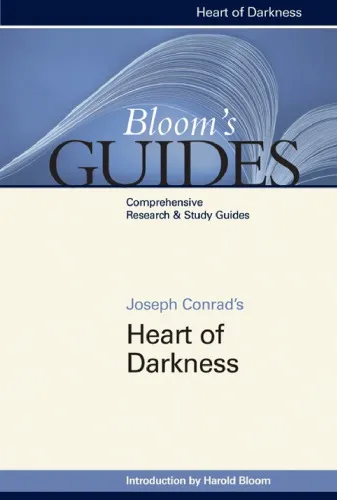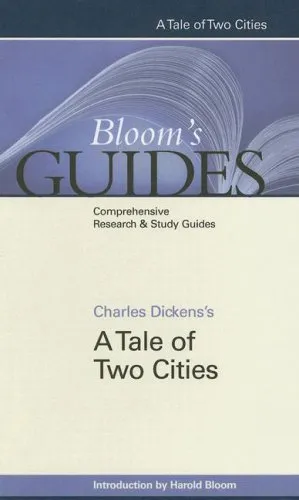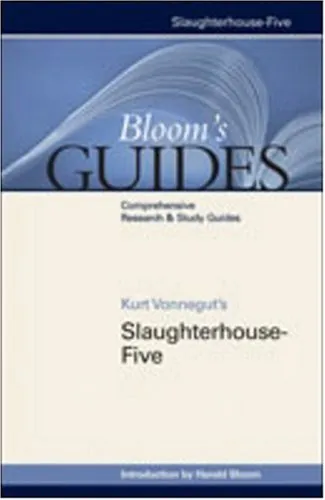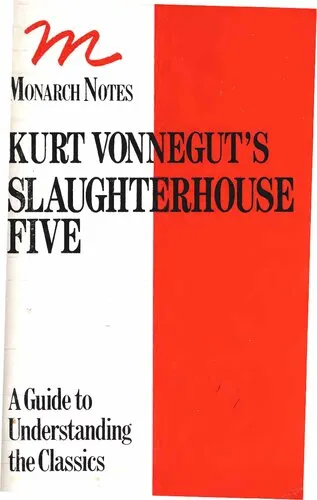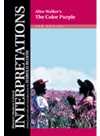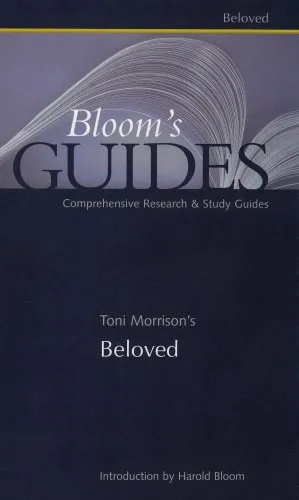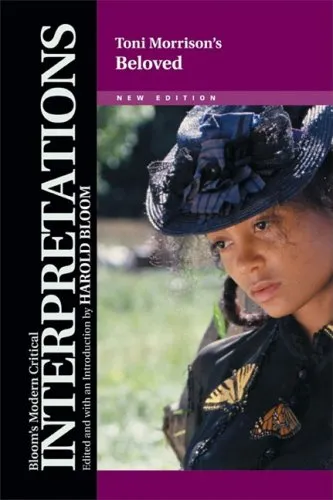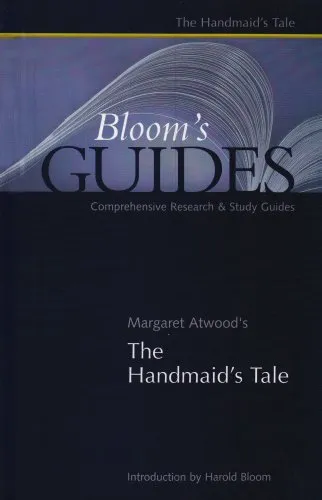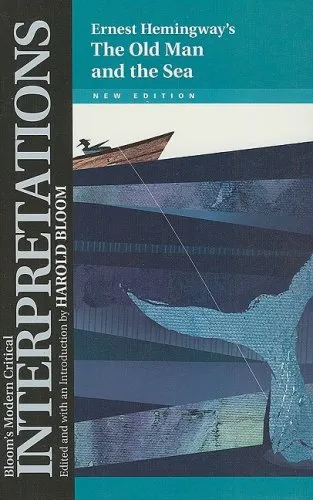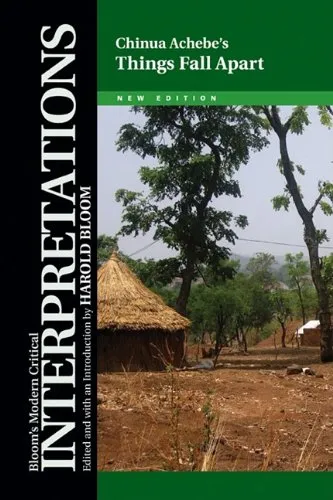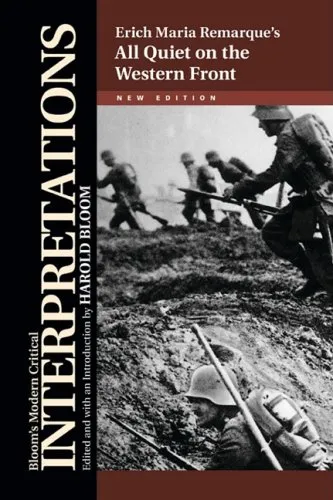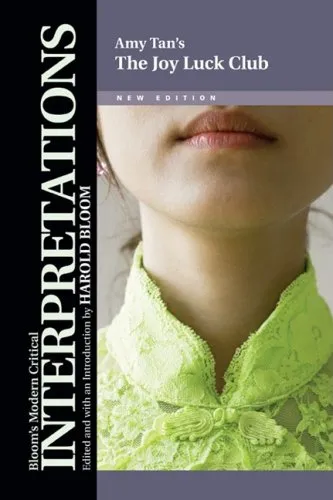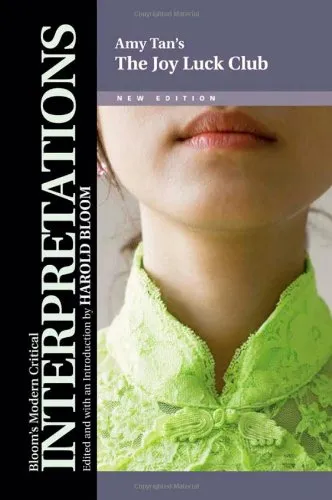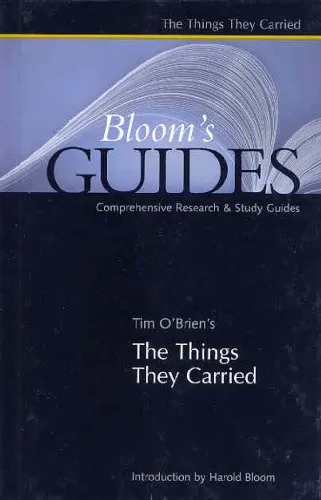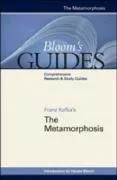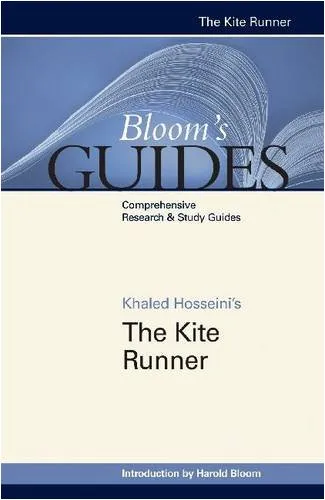Kurt Vonnegut's Slaughterhouse-Five (Bloom's Modern Critical Interpretations)
4.2
Reviews from our users

You Can Ask your questions from this book's AI after Login
Each download or ask from book AI costs 2 points. To earn more free points, please visit the Points Guide Page and complete some valuable actions.Related Refrences:
Persian Summary
Introduction to Kurt Vonnegut's Slaughterhouse-Five
Welcome to the critical exploration of Kurt Vonnegut's masterful work, "Slaughterhouse-Five." This book presents an in-depth analysis of one of the most extraordinary anti-war novels, offering readers a comprehensive understanding of its themes, narrative techniques, and ideological undercurrents. Within this resource, we delve into the intricacies of Vonnegut's narrative style, the philosophical foundations of the novel, and its enduring relevance in the modern literary canon.
Detailed Summary of the Book
"Slaughterhouse-Five" is an anti-war novel encapsulated in a science fiction shell, intricately woven through the experiences of the protagonist, Billy Pilgrim. Vonnegut crafts a fragmented storyline that mimics the turmoil of the human psyche facing war. The narrative oscillates between Billy Pilgrim's experiences during World War II and his time-traveling odysseys, courtesy of extraterrestrial beings called the Tralfamadorians. Captured by the Germans and imprisoned in Dresden during the horrific bombings, Billy’s wartime memories are fused with his journeys to the planet Tralfamadore, where he is exhibited in a zoo. Vonnegut’s use of non-linear narrative can be seen as a metaphor for the randomness of life and the inevitable nature of death, emphasized through the Tralfamadorians' perspective that all moments are immutable.
Key Takeaways
- Time and Free Will: Vonnegut challenges traditional narratives of time and the concept of free will. Through Billy Pilgrim's time travels and the philosophies of the Tralfamadorians, readers are prompted to reflect on the fluid nature of time and the illusion of choice.
- The Absurdity of War: A strong anti-war message permeates the novel. Vonnegut uses satire and irony to illustrate the senselessness of war and human suffering.
- Determinism vs. Autonomy: The novel explores existential themes, questioning whether humans possess true autonomy or are subject to predetermined fates.
- Trauma and Memory: Vonnegut addresses the lasting impacts of trauma on veterans, showcasing how past experiences can continuously invade present consciousness.
Famous Quotes from the Book
- "So it goes." - This phrase recurs throughout the novel, signifying acceptance of death and life's inevitable tragedies.
- "Everything was beautiful and nothing hurt." - Reflects on the longing for peace amid chaos and destruction.
- "And so on." - Another refrain in Vonnegut's narrative, reinforcing the routine and often indifferent flow of events.
Why This Book Matters
"Slaughterhouse-Five" remains a seminal work in the landscape of American literature. Its layered narrative, intricate plot structure, and profound thematic elements make it a critical study for understanding postmodern literature and existential philosophy. Vonnegut’s unique blend of science fiction and autobiographical elements makes the novel a compelling discourse on the futility of war and the complex architecture of human existence. "Slaughterhouse-Five" continues to resonate with readers and scholars for its insightful commentary on humanity’s perpetual cycles of conflict and the enduring search for meaning in life's chaos. This book not only provides analysis but acts as a guide to understanding Vonnegut's deep-seated skepticism of human nature, reshaping readers' perceptions of history, memory, and ethics.
Free Direct Download
You Can Download this book after Login
Accessing books through legal platforms and public libraries not only supports the rights of authors and publishers but also contributes to the sustainability of reading culture. Before downloading, please take a moment to consider these options.
Find this book on other platforms:
WorldCat helps you find books in libraries worldwide.
See ratings, reviews, and discussions on Goodreads.
Find and buy rare or used books on AbeBooks.
1652
بازدید4.2
امتیاز0
نظر98%
رضایتReviews:
4.2
Based on 0 users review
Questions & Answers
Ask questions about this book or help others by answering
No questions yet. Be the first to ask!
